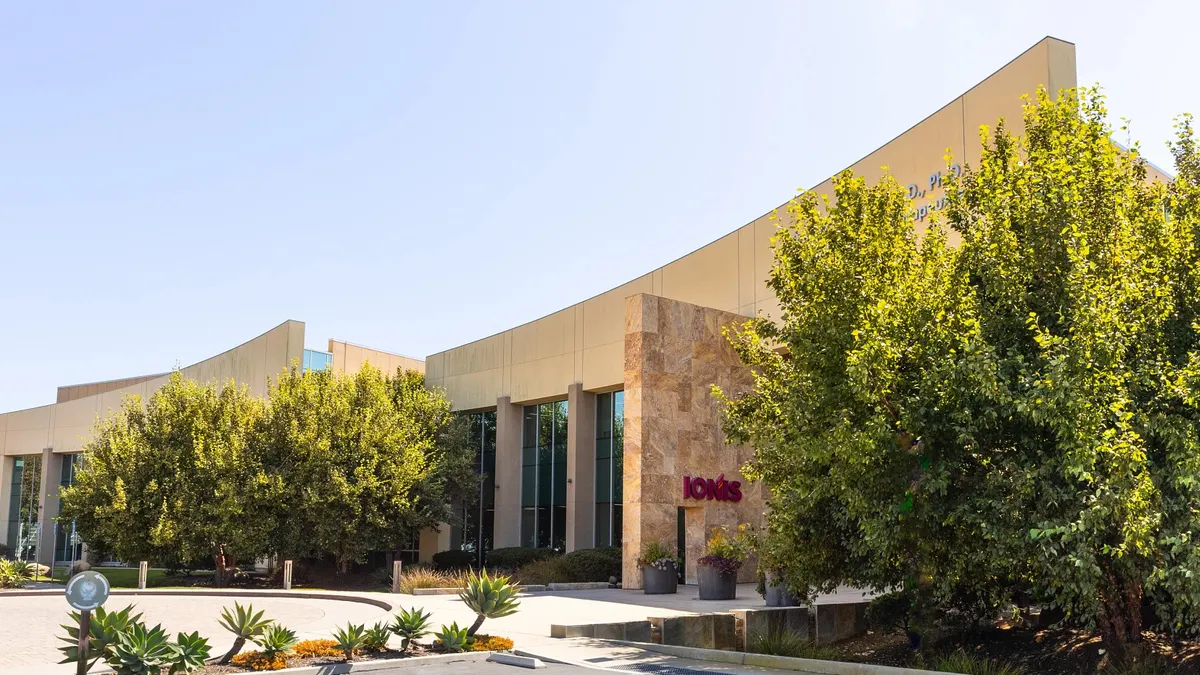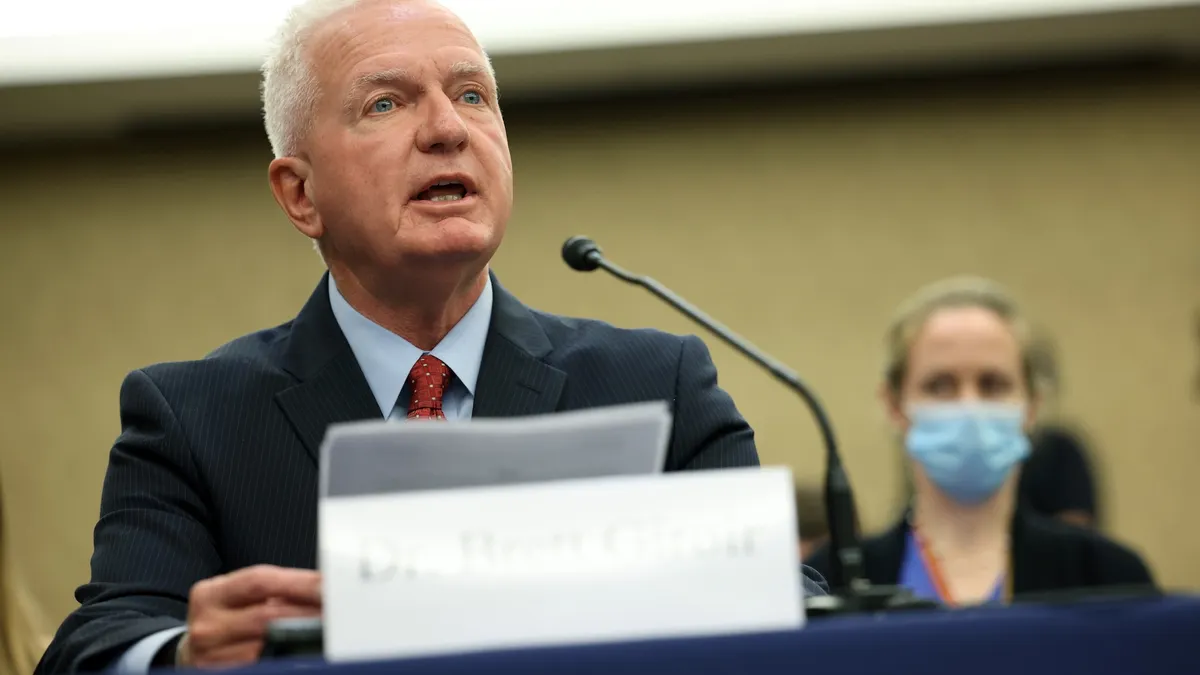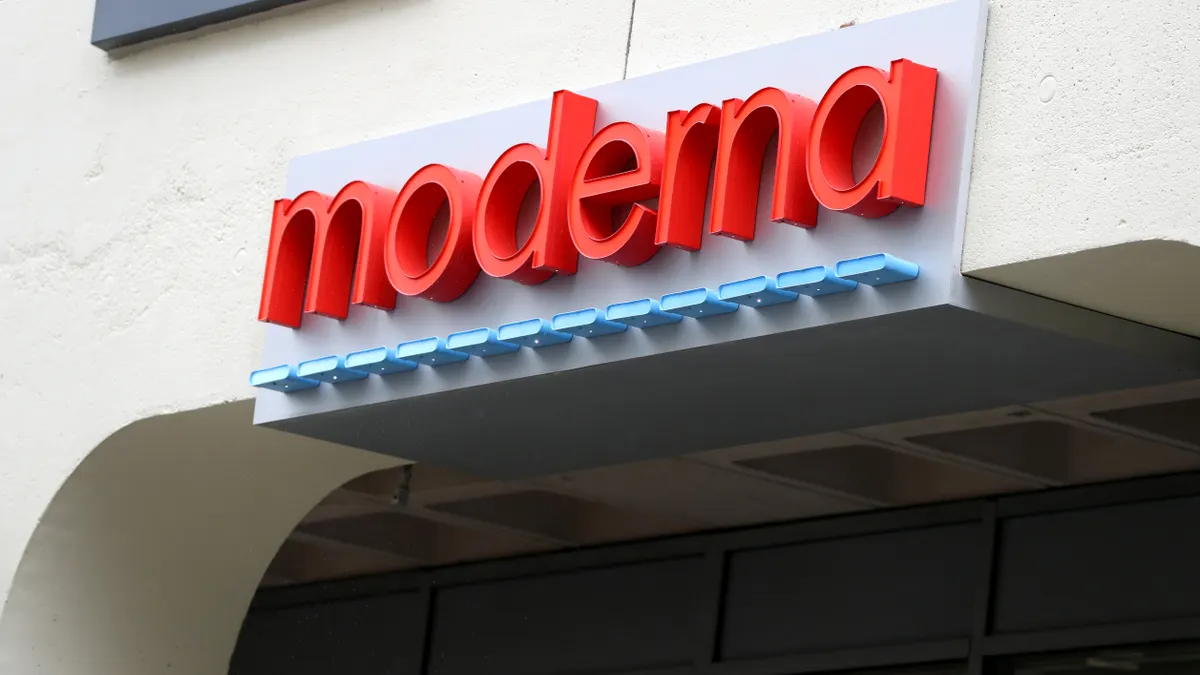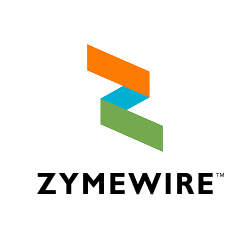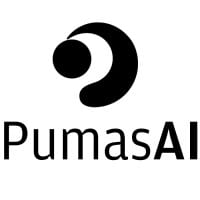The Food and Drug Administration on Thursday approved a drug Ionis Pharmaceuticals developed for the rare genetic disease hereditary angioedema, making the therapy, known as donidalorsen, the third new medicine to reach market this year for the rare genetic condition.
Donidalorsen, which Ionis will sell under the brand name Dawnzera, is approved to prevent the swelling attacks associated with hereditary angioedema in adults and children at least 12 years of age. Dawnzera has a list price of $57,462 per dose, company executives said in a conference call.
The price is “based on the efficacy, the data and the supporting evidence,” Chief Global Product Strategy Officer Kyle Jenne told analysts on the call. “The payers, we believe, will be very accepting of the price, since it's in line with the other products that are in the HAE space today.”
HAE is a rare, inherited condition estimated to affect about 1 in every 50,000 people worldwide. The disease is characterized by recurrent swelling attacks that can last for days if untreated, and most commonly affect the limbs, face, gastrointestinal tract and throat. These episodes can be life-threatening.
Despite its rarity, HAE has become a crowded area of drug research. Prior to Dawnzera’s approval, several therapies were already available to treat or prevent these attacks. Two — Kalvista Pharmaceuticals’ Ekterly and CSL Behring’s Andembry — made it to market this year. A gene editing medicine is in late-stage testing, too.
That competition will likely “limit the size of Dawnzera’s opportunity,” wrote BMO Capital Markets analyst Kostas Biliouris, in a Thursday note to investors. Biliouris projects about $520 million in peak yearly sales.
Ionis, though, believes Dawnzera could become the preferred choice for patients looking to prevent swelling attacks. Current options, like the once-monthly injection Andembry and Biocryst Pharmaceuticals’ pill Orladeyo, reduce the rate of attacks, but don’t ward them off completely. In a poll Ionis conducted this year, a majority of patients contacted hadn’t yet found their best preventive option.
“Patients are looking for better efficacy, better convenience and better tolerability,” said CEO Brett Monia, in an interview. “At least one of those boxes are not checked with existing treatments,” he added, noting as evidence how people with HAE often “bounce around from one treatment to another” over the course of a year.
Dawnzera is different. It’s the first RNA-targeting medicine for HAE, and works by reducing levels of prekallikrein, a protein implicated in the onset of swelling attacks. Phase 3 results published in The New England Journal of Medicine last year showed that, among patients who received injections every four weeks, monthly attack rates were on average 81% lower than among those who received placebo. An every-other-month dose was associated with a 55% reduction versus placebo.
Monia also pointed to results from a study testing Dawnzera in patients who switched from another preventive therapy. That study found further reductions in swelling attack frequency among those who changed to Dawnzera. About 84% of trial participants also said they preferred Ionis’ treatment, citing convenience and better symptom management.
“We don't see any reason why [Dawnzera] would not be the preferred first-line treatment for those patients who are newly diagnosed,” Monia said. However, given the majority of patients are already taking preventive therapies, the company will focus its marketing efforts there, hoping the results it’s accrued will convince people to switch medications.
The most common side effects associated with treatment were injection site reactions, urinary and upper respiratory tract infections and abdominal discomfort. The drug’s prescribing information includes a warning for serious hypersensitivity reactions, including anaphylaxis, which came after the occurrence of two such instances in an open-label extension study. Both cases resolved quickly, though, and Ionis doesn’t think the safety warning will have a “meaningful impact” on usage, said Kenneth Newman, senior vice president of clinical development.
Dawnzera is the second approved medicine the company will sell on its own. A pioneer in developing RNA medicines called antisense oligonucleotides, the company has long been known for partnering its products instead of commercializing them. But under Monia, who became CEO in 2020, the company has changed course.
Since shifting its strategy, the company has launched one drug on its own, Tryngolza, for a rare disorder called familial chylomicronemia syndrome. Multiple others are in late-stage testing.
“I felt it was going to be like turning around an aircraft carrier,” Monia said, but “the employees, the scientists, everybody at Ionis was ready for this.”
Editor’s note: This story has been updated with pricing information and other details from a conference call with Ionis executives.



